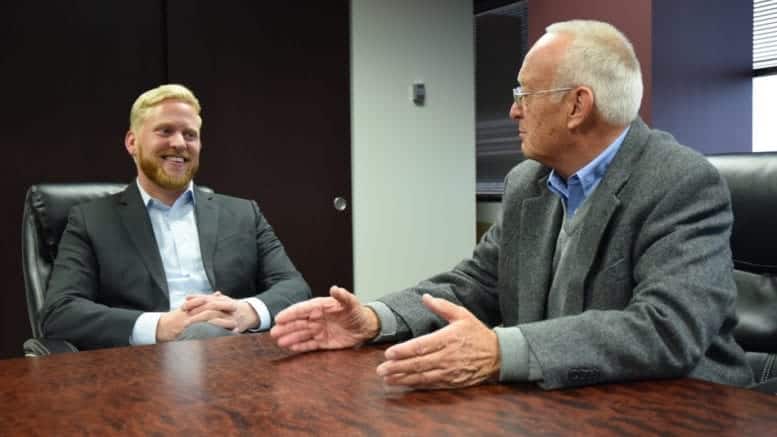Colorado was recently named the #2 tech hub in the country for the second time in a row (previously in 2016) by the Milken Institute. Prior to the 2016 report, Colorado ranked fourth.
These consistently impressive ratings mean that, when it comes to technology, the state is doing something right. But, what exactly?
The Milken Institute’s 2018 State Technology and Science Index ranks states based on the quality of the factors that sustain their ecosystems of tech. Specifically, it ranks each state’s “science and technology capabilities and broader commercialization ecosystems that contribute to firm expansion, high-skills job creation, and broad economic growth.”
In other words, it’s not simply a ranking of the most science and tech companies by state. Instead, it looks at the broader factors, including entrepreneurial infrastructure and workforce capacity, that help to encourage, attract, and sustain big and small technology companies.
Colorado is doing well in all of these. But we can do better.
Here are the factors that, according to the Milken Institute, contribute to Colorado’s success in tech and how Denver South can promote these as assets in the region.
Treat higher education as a cornerstone.
Start-up ecosystems are made vibrant by a number of factors, but at their core it’s the presence of universities and research institutes that serve as a pipeline of highly skilled workers, particularly in science and technology.
South Denver is home to CU South Denver in addition to being surrounded by higher-ed institutions throughout the region. Just to the east of us, for instance, is the University of Colorado Anschutz Medical Campus, the largest academic health center in the Rocky Mountain region. To the north, the University of Denver is home to a variety of science, tech, and entrepreneurship studies.
Denver is also home to the pioneer campus of Galvanize, a tech-hub that offers unconventional, experiential tech-education. Galvanize has since expanded to 9 campuses nationally, including a second in Denver.
This workforce pipeline is crucial to a healthy ecosystem. For example, Utah, which jumped to fifth in 2018 from eighth in 2016, has the most university graduates with degrees in science and engineering at 15.4 per 1,000 students. This concentration of STEM talent has helped to drive the state’s tech-sector employment growth to 4.3 percent annually, the fastest in the nation.
While Colorado has strong higher education institutions, every state can do more to increase the accessibility of STEM education and training opportunities. The report specifically recommends that policymakers increase scholarships and financial aid to in-state STEM students and make credits more easily transferable from two-year colleges to four-year institutions. It also encourages stronger partnerships between higher education institutions and businesses in order to increase internship and eventual employment opportunities for students.
Denver South is home to aerospace companies, healthtech companies, cleantech companies, biotech companies, and more. The companies in these industries can continue to develop internship and externship opportunities for students.
Encourage a collaborative professional environment.
When it comes to bolstering science and technology ecosystems, collaboration beyond company walls is crucial. One way that companies can do this, according to the Milken report, is to encourage less restrictive employee noncompete agreements. Limiting noncompete agreements can foster a freer exchange of ideas and talent among tech companies.
A culture of more freely shared ideas can also develop from organic collaborations and partnerships that are happening here in the region. These include the Accelerator program for emerging banking technologies, a collaboration of Western Union and TechStars. And Western Union’s collaboration isn’t the only one. In collaboration with the Colorado Smart Cities Alliance, Arrow Electronics plans to open the Colorado Open Lab, an Internet of Things engineering lab where public and private sector entities can build and test smart technology in the second quarter of 2019.
These partnerships not only connect experts, they also help to move smart ideas to scalable technologies.
Suggested Reading:
Be a place where people want to live and play.
Successful tech hubs have an innovation pipeline that includes both a well-educated, entrepreneurial workforce and ample business and job opportunities for that workforce.
As mentioned, Colorado is home to strong higher-ed, entrepreneurs, and collaborative organizations. But the best part is the fact that many of the new grads want to stay in the state.
A highly skilled tech-oriented workforce doesn’t want their workplace to be a ball and chain to a city that they don’t love. Continuing to make our city and our region a destination for young people will help to secure the workforce of tomorrow.


